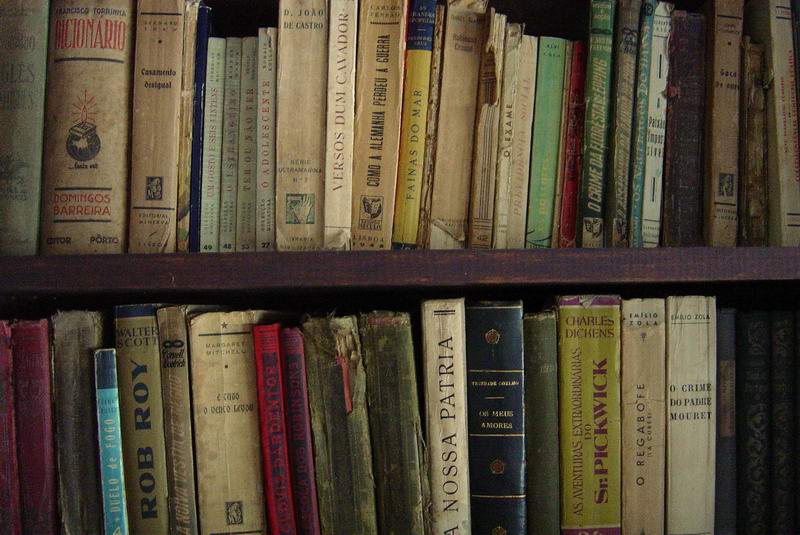Traditional Humanities in Transition
From digitalhumanities
- brief history of "humanities" emphasizing major technological developments and their various impacts
- access, experts, & c.
- critical analysis of "humanities" online versus traditional (this needs to be refined)
- research guide
- tool box
- mapping the transition from page to screen [1]
- mapping the transition home [2]
- eliterature.org: [3] publications @ eliterature.org: [4]
Digitizing the Humanities: WORK IN PROGRESS
- "The Digital Humanities Revolution"/David Mattison
- "Periodicals, Blogs, Wikis, Books, and Reports"/ Article from Searcher
- Digital Humanities ORG[5]
- University of Nebraska Digital Projects [6]
- Archiving the web, within the web [7] and [8]
- Collecting and Preserving Open Access Materials on the Web [9]
- [[10]]
"The Association for Computers and the Humanities is an international professional organization. Since its establishment, it has been the major professional society for people working in computer-aided research in literature and language studies, history, philosophy, and other humanities disciplines, and especially research involving the manipulation and analysis of textual materials. The ACH is devoted to disseminating information among its members about work in the field of humanities computing, as well as encouraging the development and dissemination of significant textual and linguistic resources and software for scholarly research.
"The digital humanities comprise the study of what happens at the intersection of computing tools with cultural artefacts of all kinds. This study begins where basic familiarity with standard software ends. It probes how these common tools may be used to make new knowledge from our cultural inheritance and from the contemporary world. It equips students to analyze problems in terms of digital methods, choose those best for the job at hand, apply them creatively and assess the results. It teaches students to use computing as an instrument to investigate how we know what we know, hence to strengthen and extend our knowledge of the world past and present. The digital humanities are based on the ability to reason critically with computing as it is currently known, to apply it effectively and to reflect on its adequacy. Students need not have studied mathematics, programming, science or technology, but those with such interests are welcome. Several more or less synonymous terms are in current use, chief among them 'humanities computing'. Here we prefer 'digital humanities' for its emphasis on the integration of computing into the disciplines of the humanities and its transformation of them. Other terms, such as 'information and communications technology, name the amalgam of hardware and software but do not direct attention to scholarly concerns."

